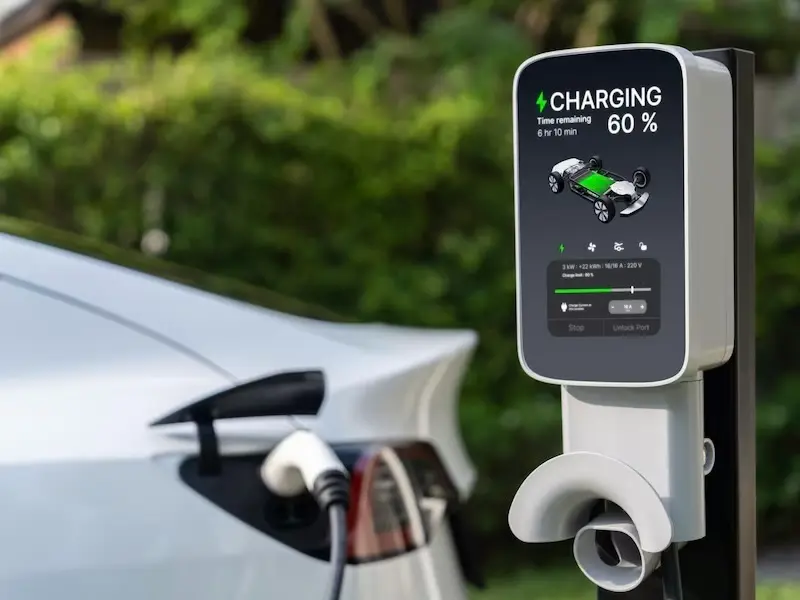- Delayed payments exacerbate EV manufacturers’ challenges, contrasting Tesla’s timely payments amid industry strains.
- Economic headwinds intensify industry challenges, affecting supply chain stability.
Amid a major economic slowdown, Chinese EV makers are grappling with stagnating sales and slipping revenues. In this challenging landscape, the timely payment of suppliers becomes critical for sustaining operations and fostering supplier relationships.
Also read: VW and Renault abandon plans for joint affordable EV
Delayed payments compound challenges for EV manufacturers
Several Chinese EV manufacturers are falling behind in clearing their supplier’s dues, with payment delays extending up to 2-3 months. This contrasts sharply with Tesla’s ability to maintain timely payments, showcasing operational efficiency amidst industry-wide challenges.
The lengthening payment cycles within China’s electric vehicle industry underscore the myriad difficulties automakers encounter in one of the world’s largest automotive markets. Notably, prominent EV manufacturers like Nio Inc. and Xpeng Inc. have witnessed significant delays in settling their payable receipts, reflecting a broader trend of financial strain within the sector.
While Nio’s payment time stretched to approximately 295 days, up from 197 days in 2021, Xpeng experienced a similar increase, with its payment period extending to 221 days from 179 days previously. In contrast, Tesla Inc., renowned for its efficiency in operations, maintained a comparatively stable payment period of around 101 days.
Also read: The 5 biggest EV charging companies
Industry challenges exacerbated by economic headwinds
The economic slowdown, coupled with waning consumer interest in EVs and the discontinuation of the national subsidy program in 2022, has created a challenging operating environment for manufacturers. Smaller players, in particular, are bearing the brunt of these adverse conditions, with some teetering on the edge of bankruptcy.
The ongoing price wars and squeezed profit margins have strained manufacturers’ liquidity, resulting in delayed payments to suppliers. This financial strain is now rippling throughout the automotive supply chain, especially impacting smaller-tier suppliers. As delayed payments cascade down the supply chain, Tier-three or four suppliers face acute financial pressures, raising concerns about their long-term viability.
EV manufacturers stress that the prevailing price war and financial stress in the industry are set to intensify pressure on suppliers. Many car component producers are actively seeking ways to improve their financial performance or considering divesting unprofitable business segments to mitigate risks stemming from volatile market dynamics. Consequently, weaker players in the supply chain face the imminent risk of being sidelined from the industry as it undergoes a period of tumultuous transformation and consolidation.

